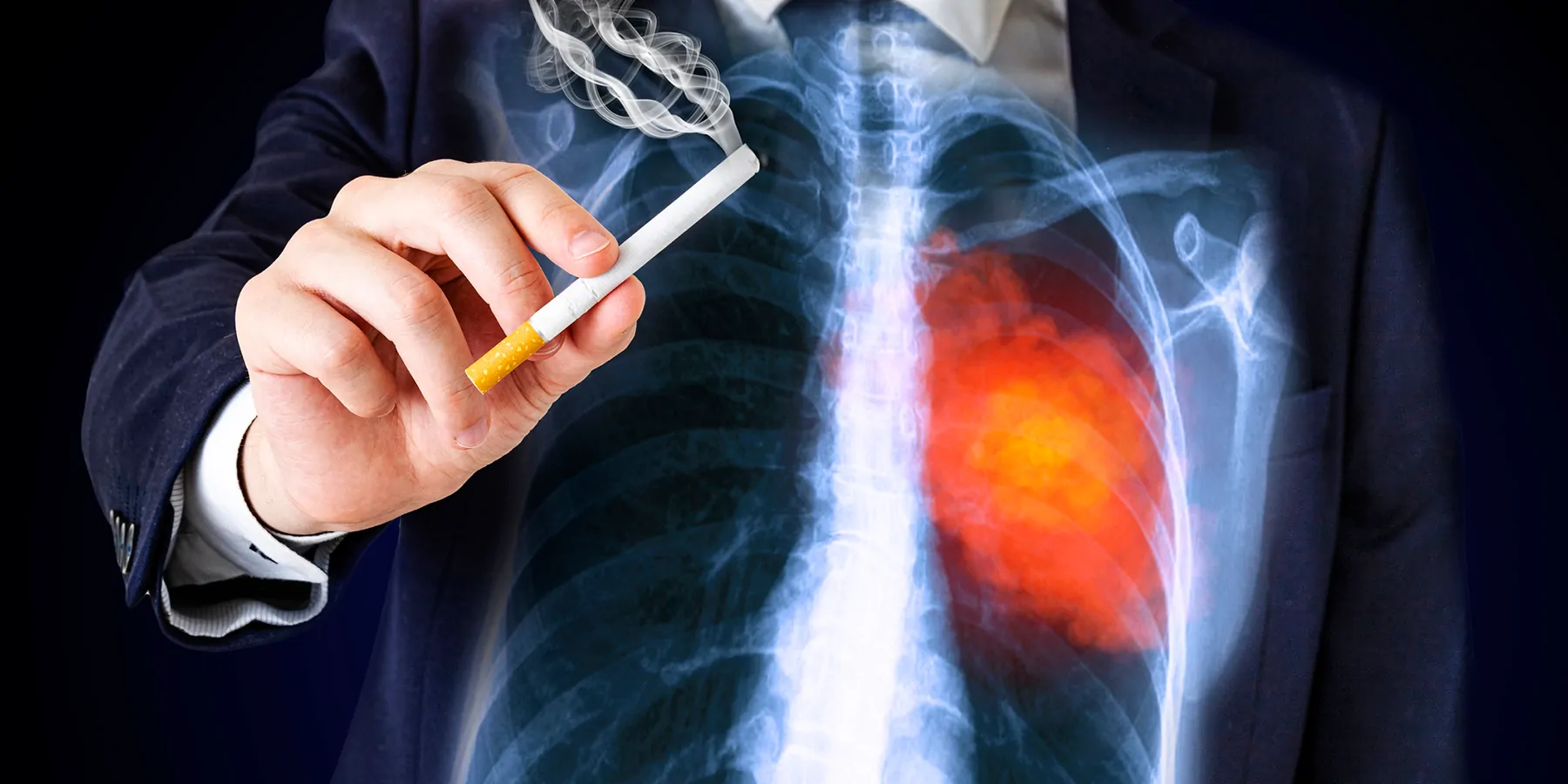An updated guideline issued Wednesday by the American Cancer Society suggests that an additional 5 million Americans who smoke or used to smoke should undergo annual screenings for lung cancer — the leading cause of cancer-related deaths in the United States.
The expanded recommendations apply to approximately 19 million individuals identified by the cancer group as benefiting from yearly low-dose computed tomography (CT) scans.
These scans provide detailed lung images that enhance early detection of cancer, when treatment is most effective.
A significant change in the new guideline is the recommendation for continued annual screenings even for those who quit smoking more than 15 years ago. Previously, screenings were advised to cease 15 years after quitting.
Under the updated guidance, individuals who stopped screenings after 15 years should resume annual scans, according to the cancer society.
Published in the cancer society’s journal, CA: A Cancer Journal for Clinicians, the guideline also extends screening recommendations to individuals aged 50 to 80 years, compared to the previous guideline which targeted those aged 55 to 74.
Robert Smith, lead author of the guideline and senior vice president for early cancer detection science at the cancer society, explained that the change acknowledges the persistent risk of lung cancer with age among former smokers, despite the time elapsed since quitting.
He emphasized that while this risk is lower than for current smokers, it remains significant.
Moreover, the updated guideline now includes individuals with a less intense smoking history, recommending screenings for those who smoked the equivalent of one pack per day for 20 years, down from the previous threshold of 30 years.
Despite a decline in lung cancer mortality due to reduced smoking rates, the disease still exacts a heavy toll.

The cancer society estimates that in 2023, there will be approximately 238,000 new cases of lung cancer in the U.S., resulting in over 127,000 deaths, accounting for 20 percent of all cancer-related fatalities.
Smith highlighted advancements such as CT scans and immunotherapy as offering better prospects for reducing lung cancer deaths.
Immunotherapy leverages the immune system to combat cancer cells and has emerged as a significant treatment option in recent years.
Early detection remains crucial, with survival rates varying significantly depending on the cancer’s stage at diagnosis.
For non-small-cell lung cancer, the five-year survival rate is 65 percent if the cancer is confined to the lung, but drops to 9 percent if it spreads to distant parts of the body.
Julie Barta, lead for the Lung Cancer Screening Program at Thomas Jefferson University Hospitals, praised the updated guideline as a vital step toward reducing lung cancer deaths.
She particularly welcomed the recommendation for continued screening beyond 15 years post-smoking cessation, noting that it simplifies the screening process.
The new guideline aligns closely with recommendations from the United States Preventive Services Task Force, which also advocates annual lung cancer screening for eligible individuals.
Most insurers are required to cover these screenings without cost-sharing, following the task force’s endorsement.
While lung cancer screening carries risks such as false positives and over-diagnosis, experts argue that the benefits outweigh these concerns.
Smith acknowledged that despite eligibility, the uptake of screening has been disappointingly low nationwide.
He stressed the need for improved awareness and understanding among eligible individuals about the importance of regular screening, comparing it to the routine nature of mammograms in breast cancer detection.
“We must do more to remind individuals that this is an ongoing commitment,” Smith emphasized. “It’s not a one-time event; it’s about ensuring ongoing health surveillance.”
